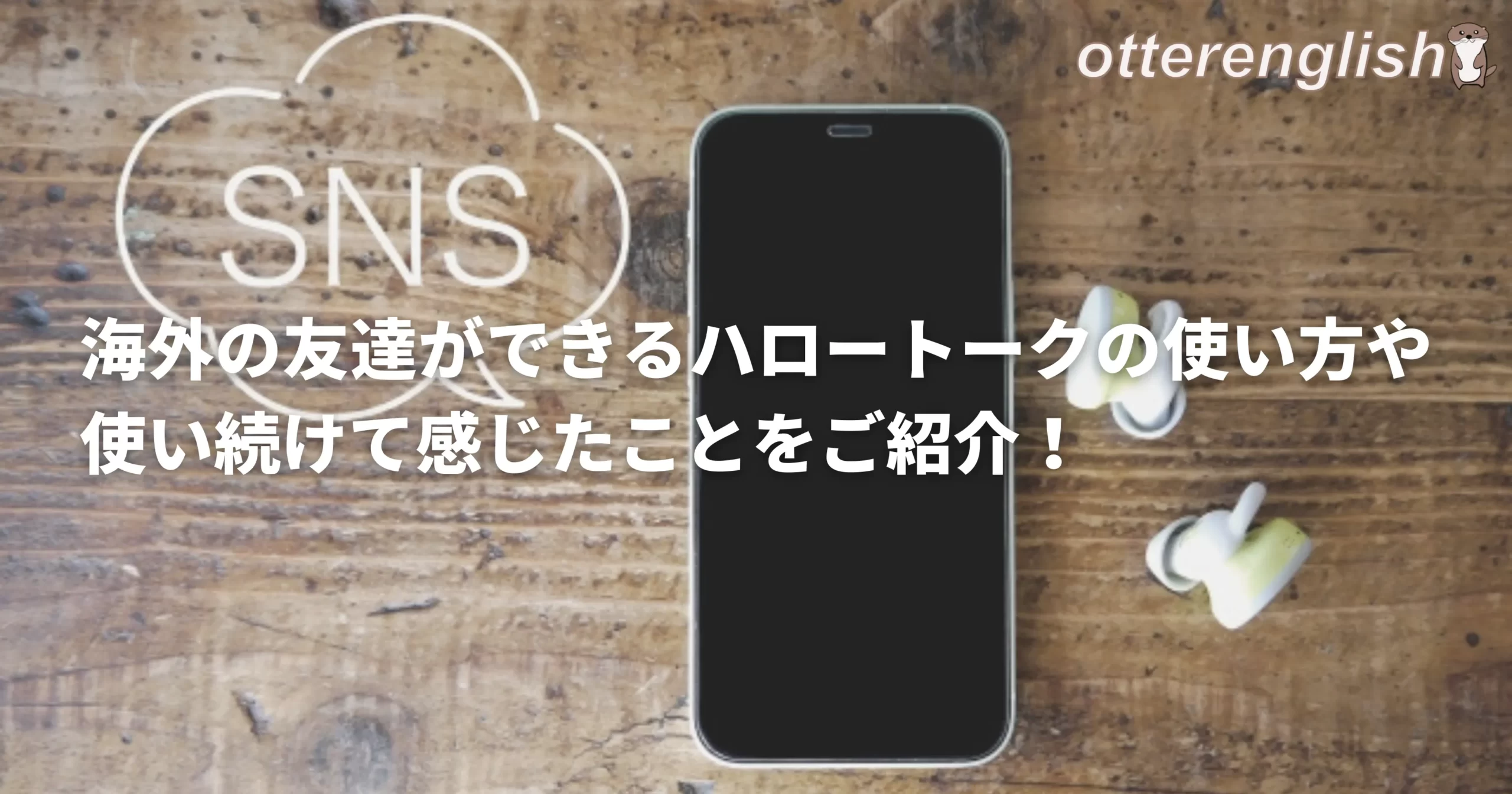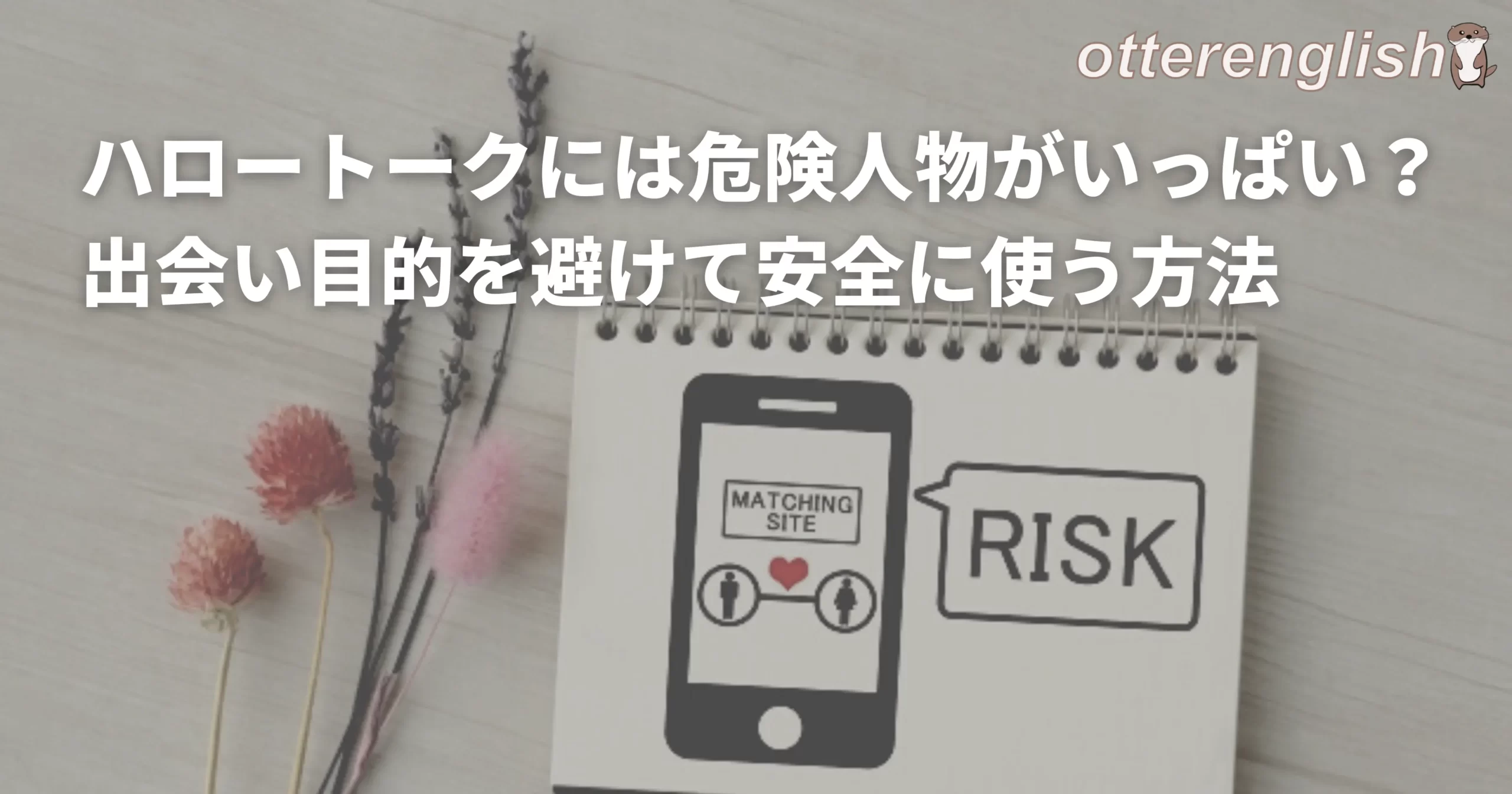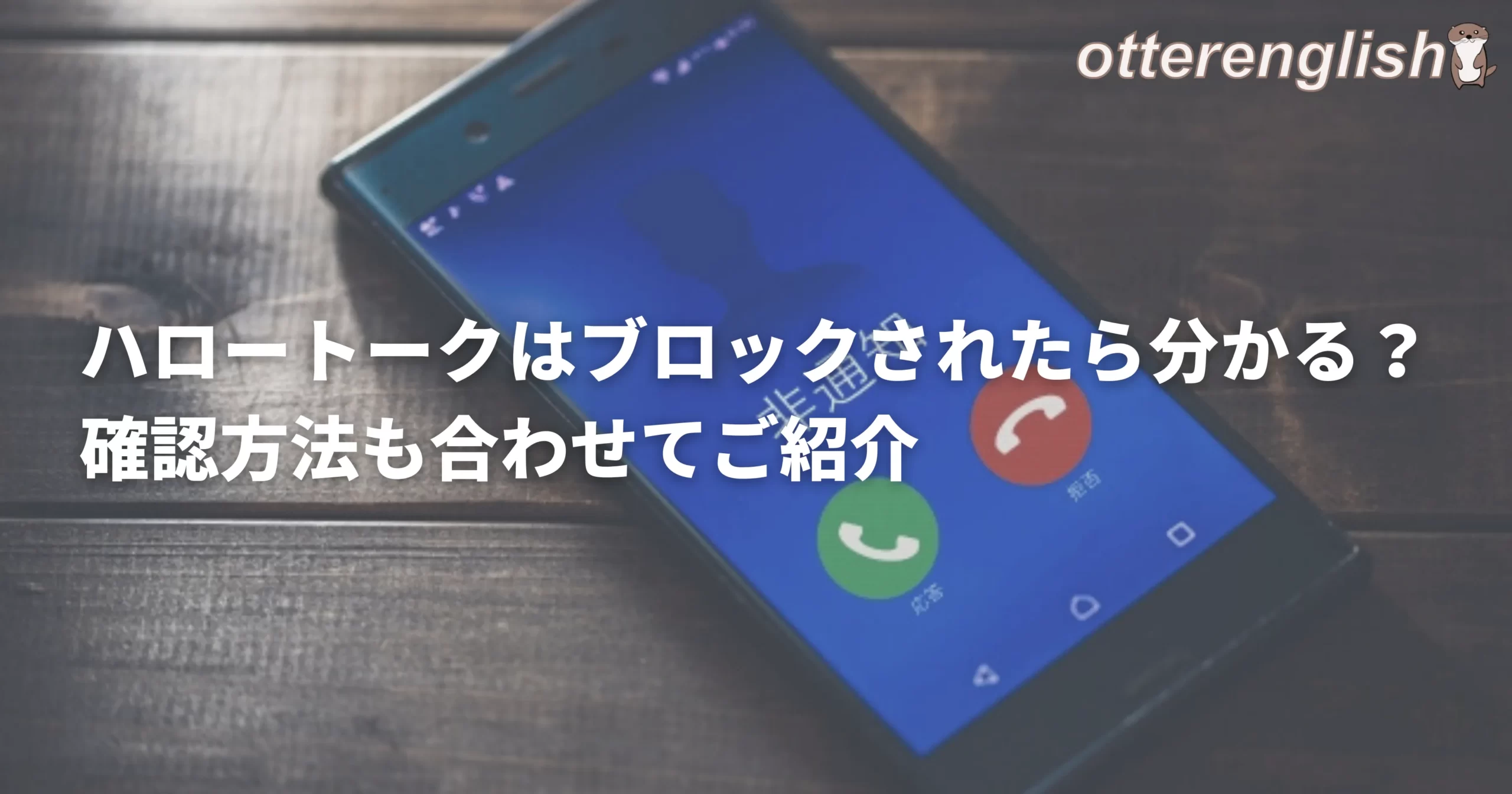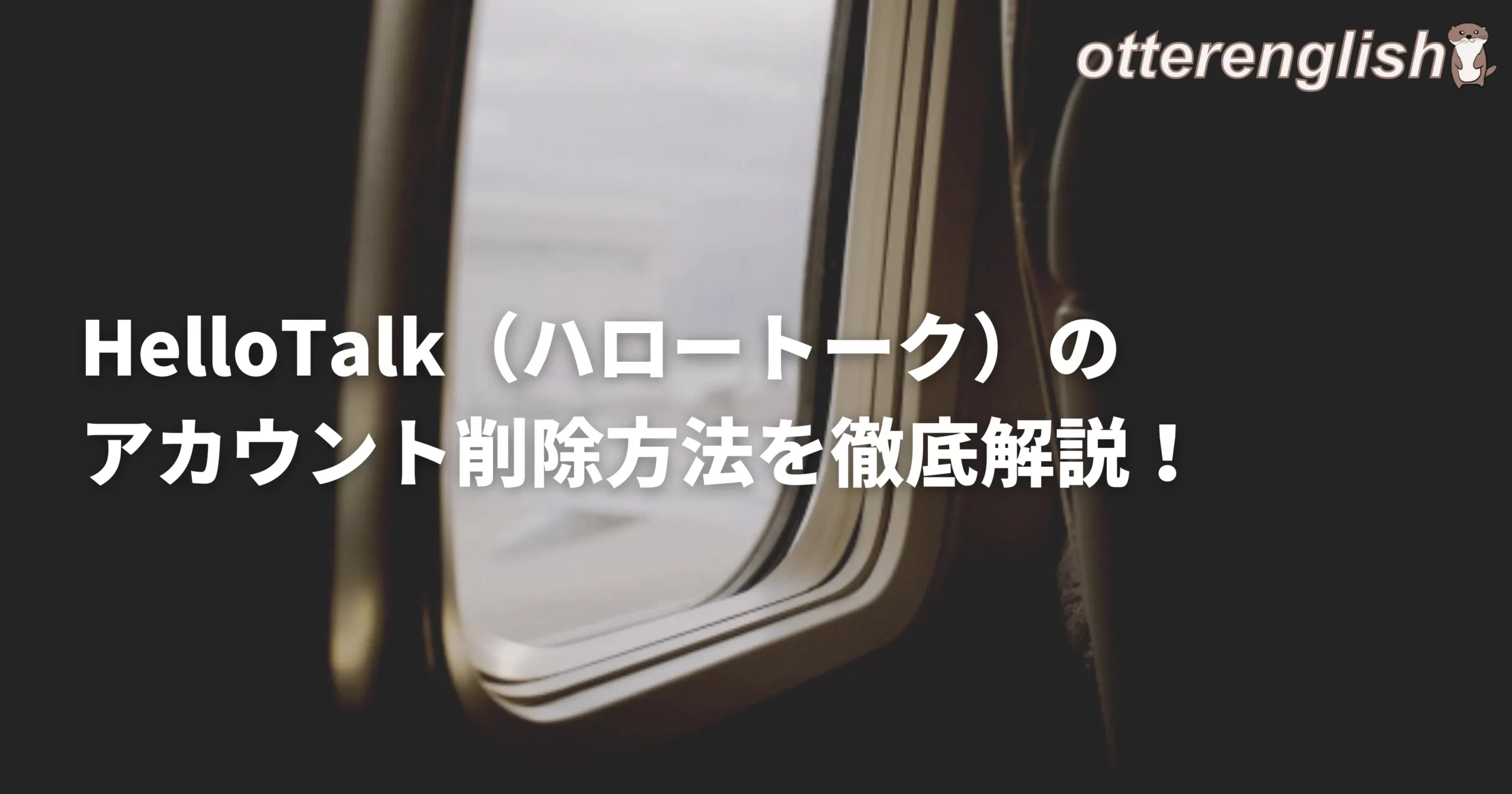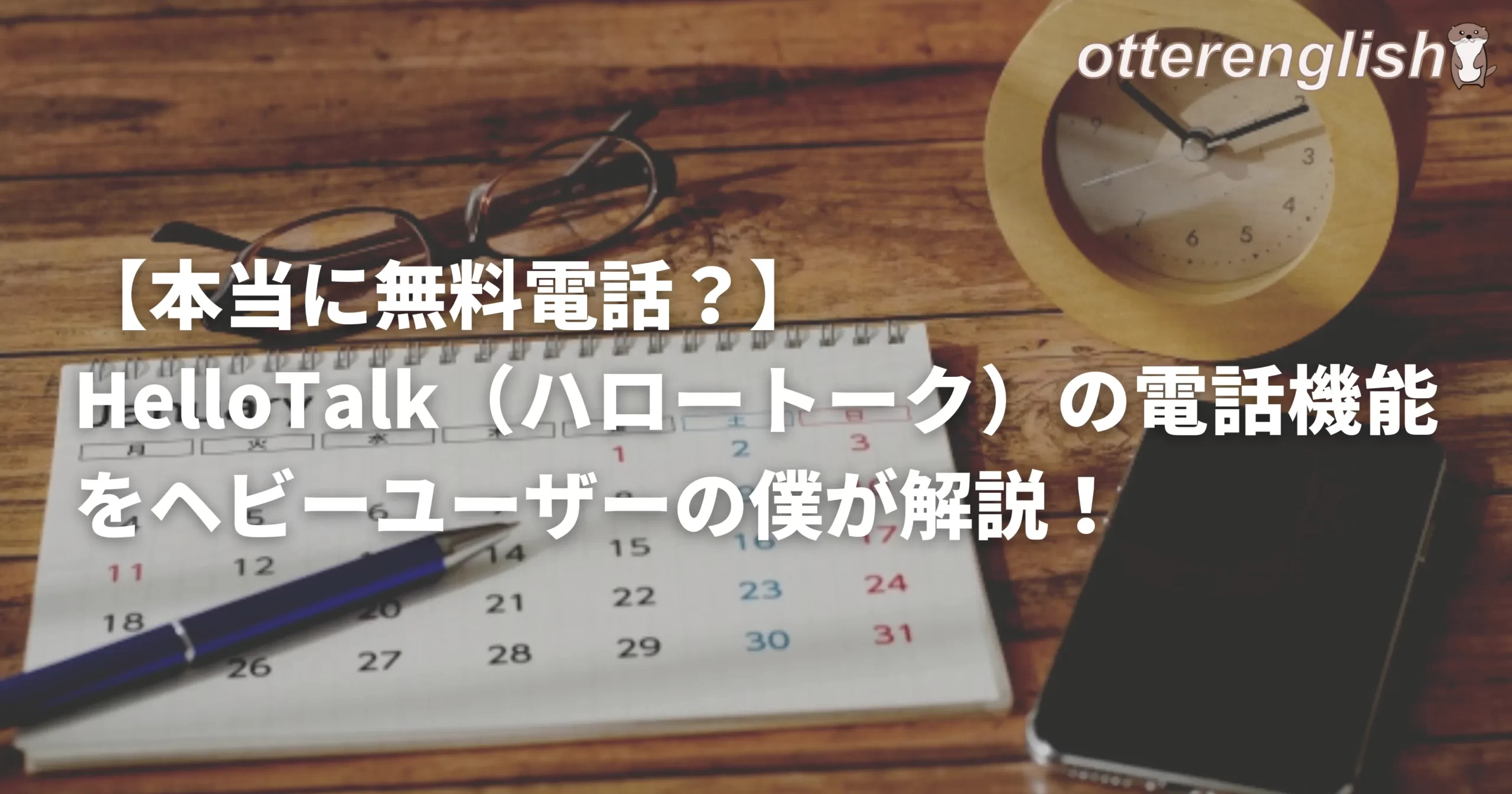おはようございます。= Good morning.
Hiragana:おはようございます。
Romanized:Ohayōgozaimasu.
When you meet somebody in the morning, you can say, “おはようございます”.
This is the formal way to say “Good morning” and you can use this expression with your boss.
Do you know how to change formal greetings for the morning into a casual way?
All you have to do is omit “ございます” and just say “おはよう”.
Saying “おはよう” is more natural when speaking to your friends.
Try to use “おはよう!” instead of “おはようございます” to your friends!
こんにちは。 = Good afternoon.
Hiragana:こんにちは
Romanized:Kon’nichiwa
This phrase is used when we meet somebody in the afternoon.
Although we normally have casual and formal ways to phrase things, this greeting is the same for both.
You will be able to use “こんにちは” with both your boss and your friends.
こんばんは。 = Good evening.
Hiragana:こんばんは
Romanized:Konbanwa
When you meet somebody in the evening, you can say “こんばんは”.
You can use this phrase for both your boss and your friends.
さようなら。 = Goodbye.
Hiragana:さようなら
Romanized:Sayōnara
“さようなら” is a basic way to say “Goodbye”. However, when you say “Goodbye” to your boss or a person who has a higher status than you, you need to say “失礼します” instead of “さようなら”.
*失礼します。―しつれいします。―Shitsureishimasu.
On the other hand, we normally say “またね”, “ばいばい” or “じゃあね” instead of “さようなら” to our friends.
The situation that you can use “さようなら” is not very common, so try to use it in a suitable way.
おやすみなさい。= Good night.
Hiragana:おやすみなさい。
Romanized:Oyasuminasai.
Provided that you want to go to bed, you can say “おやすみなさい”.
We normally just say “おやすみ” to your friends, family, and so forth.
However, if you went on a business trip and want to say goodnight to your boss, it is also good to say “失礼します”.
Here, “おはようございます”, “こんにちは”, “こんばんは” is very easy to use, so I indicate both casual and formal situation to use “さようなら” and “おやすみなさい” as follows.
Example sentences
Case 1: When you use “さようなら” to your friends.
今日(きょう)は楽(たの)しかった! またね!
ーKyō wa raku shikatta! Mata ne!
*or you can say “じゃあね” or “ばいばい” here
:I had a blast today. Goodbye.
うん、またね!
ーUn, mata ne!
*or you can say “じゃあね” or “ばいばい” here as well
:Yeah, goodbye.
Case 2: When you use “さようなら” to your boss.
それでは、これで終了(終了)です。また会(あ)いましょう。
ーSoredewa, kore de shūryō desu. Mata kai aimashou.
:We’re all done with this event now. See you again.
はい、失礼(しつれい)します。
ーHai, shitsureishimasu.
:Goodbye.
Case 3: When you use “おやすみなさい” to your friends.
眠(ねむ)くなってきた。おやすみ。
ーNemuku natte kita. Oyasumi.
:I’m getting sleepy now. Good night.
うん、おやすみ。
ーUn, oyasumi.
:Okay, good night.
Case 4: When you use “おやすみなさい” to your senior coworker.
今日(きょう)は助(たす)けていただきありがとうございました。おやすみなさい。
ーKyō wa tasukete itadaki arigatōgozaimashita. Oyasuminasai.
*or “失礼(しつれい)します。” Instead of “おやすみなさい。”
:Thank you for your help today. Good night.
I introduced some basic phrases that you can use to greet somebody.
When you meet Japanese people, try to use these phrases depends on the time!
Thank you for reading my article, and I am sorry if you find some mistakes.
When it comes to finding unclear expressions on this page, just reach me by Twitter or Instagram.
Like if you like this article!
